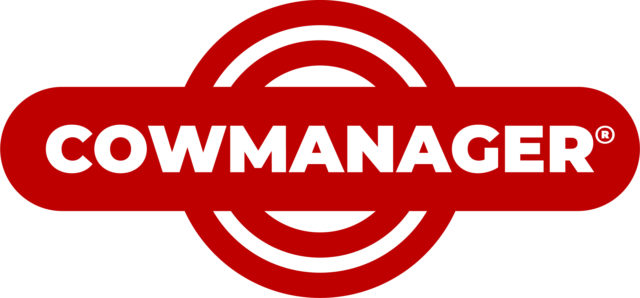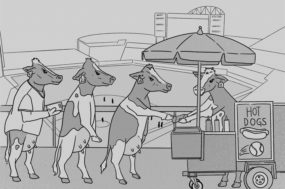So you’ve decided your farm needs to meet regularly. Where should the meeting be held?
JUNKIN: The short answer is: Don’t sit at the kitchen table. Stand in the shop or the newest part of your farm. You want to first change the environment. Then, and more importantly, get an outside chairman (such as a pastor or veterinarian) to run the meetings so that kids don’t feel like they have to argue, and parents don’t feel like their kids are rebelling. In order for your farm family to run your business like a business and a family like a family, you have to have a set time and place to deal with business issues professionally.
Maybe even more of a stumbling block than where to meet is this one. How do you have a productive meeting when there are elephants in the room or land mine issues you know are going to come up, but you’re not sure the group is ready to discuss yet?
JUNKIN: The short answer is: Build a small fire the right way. If you start with big logs … you’ll never get a fire going. You need to start with the kindling (small problems) first, and then add logs to the fire (bigger issues) as the fire can handle it. Before dealing with a land mine issue, schedule a date in your calendar in six months when you will deal with the topic, but have 12 other meetings first where you as a family get used to making small decisions together first. Sometimes you think you have to deal with issues right away, but when issues like succession haven’t been dealt with for a decade, they can wait for a few months first or else they’ll take another decade to resolve.
Also, get a coach and referee. Each family meeting should have a referee (mediator) and a coach (nonfamily consultant) to help family members listen to each other and prevent the meeting from coming off the tracks. If you can’t afford or find someone like these two people, I’d suggest at least getting a warm body who is not family and not biased. Many farmers use their pastors or vets. The more skilled the individual is at chairing family business meetings, the better the quality of meetings, which results in better family relations and profitability.
So if you can overcome these challenges and start meeting regularly, how do you ensure you make progress after a meeting? How do you hold people accountable for things they are assigned to do?
JUNKIN: The short answer is: Fine them. Have each family member sign an agreement of having an escalating fine of 1, 5, 10, 20 or 50 dollars if family members come to the meeting without getting done on time what they said they’d do at the last meeting. Have this money go to an anti-charity (charity you hate like PETA) rather than 4-H, your church or a charity you’d feel good about supporting. To fork out 20 dollars by itself, let alone to a charity you hate, is motivation enough to make certain you’ll get the task done prior to the next meeting. Having an objective accountability process versus one person nagging another family member will also change family dynamics and efficiency. This might seem almost foolish, but I’ve seen it work miracles with my clients. It results in a lot of foolishness being avoided.
What if we start to meet and we don’t make any progress – everyone is just defensive and blames others for the farm’s problems?
JUNKIN: The short answer is: Everyone needs to work relentlessly to get rid of this nasty habit. Everyone needs to commit to turning faults into strengths. For years, I mediated family disputes where everyone was keen to point out their family member’s flaws but wouldn’t admit to faults of their own. If you turn this culture upside down and each member of the family identifies their three biggest faults (i.e., anger issues, procrastinating or not speaking their mind) and works on being more aware of these three faults in 90 days … you’ll have a completely different business culture within a year. The issue isn’t fixing bad habits (although it’s a fantastic side benefit) but fixing the mindset of “I’m perfect, and the problems are everyone else’s.” Everyone has to admit there is 5 percent about their character that can evolve or improve, and if you get everyone changing and improving, your farm will change rapidly.
Lastly, how do farms make sure to keep having meetings even when things get busy?
JUNKIN: The short answer is: Focus on the dollars. With the families I work with, I set a rule that within an hour, the family has to identify at least 3,000 dollars in new-found efficiencies or else everyone has to pull 10 dollars out of their wallet and donate it to an anti-charity. Farmers have a hard time recognizing nonmonetary benefits, such as everyone getting along, but more easily recognize return on investment. If each time your family has a meeting it results in 3,000-plus dollars in improved profit, then this hour spent isn’t seen as a waste of time but the most valuable activity the family does in the course of a week. ![]()
Click here to listen to a Progressive Dairy podcast featuring Andy Junkin.

-
Walt Cooley
- Editor-in-chief
- Progressive Dairy
- Email Walt Cooley







